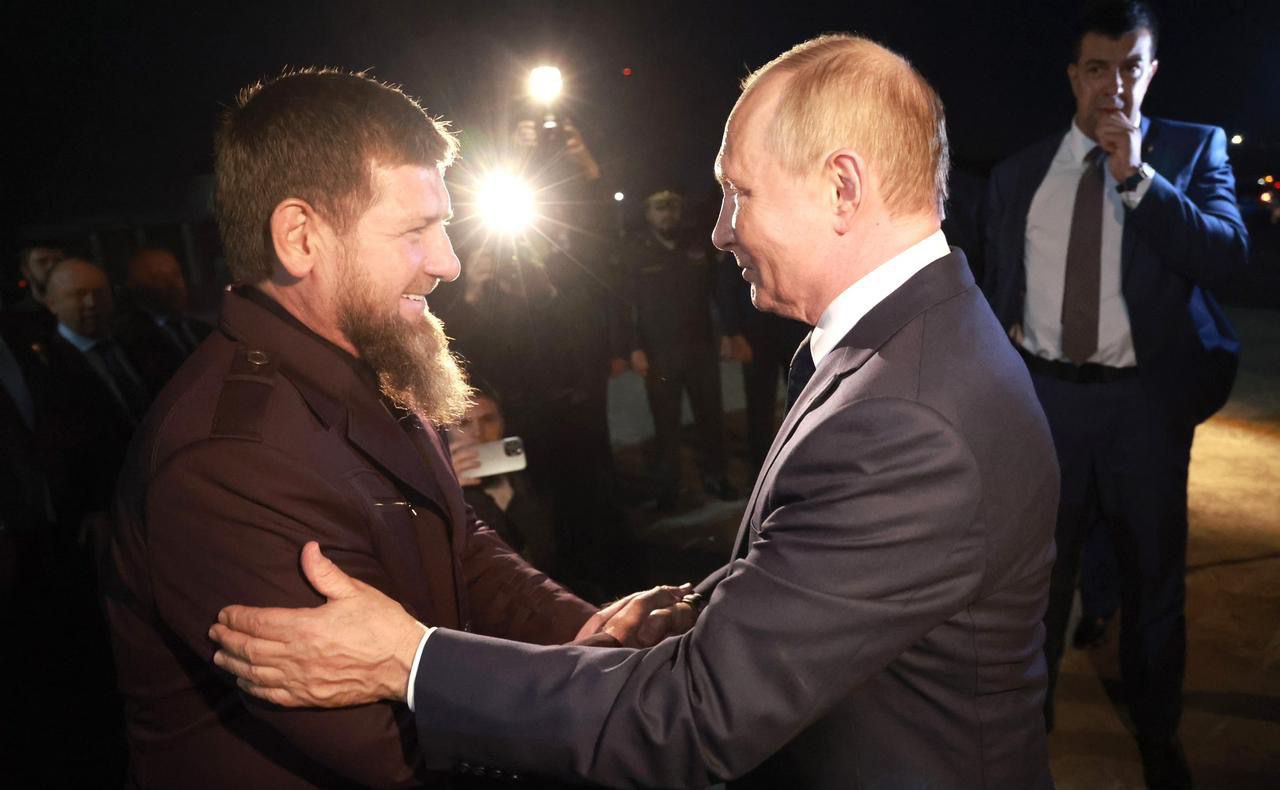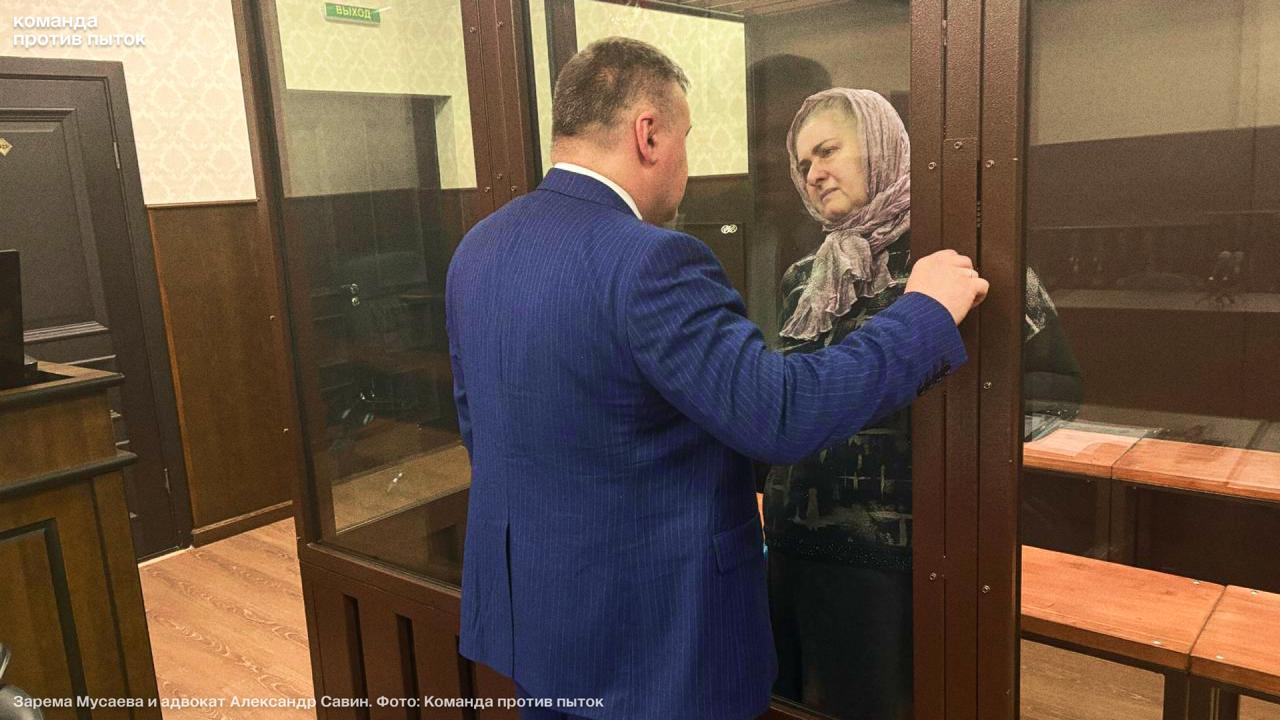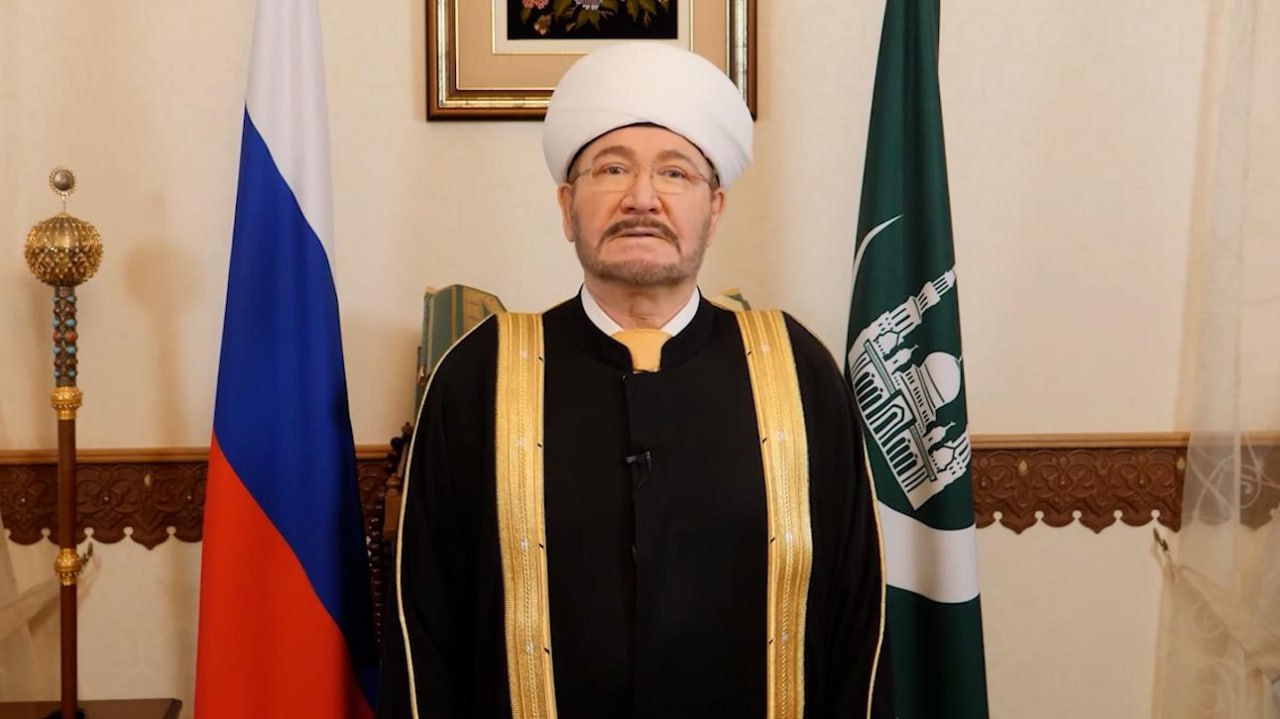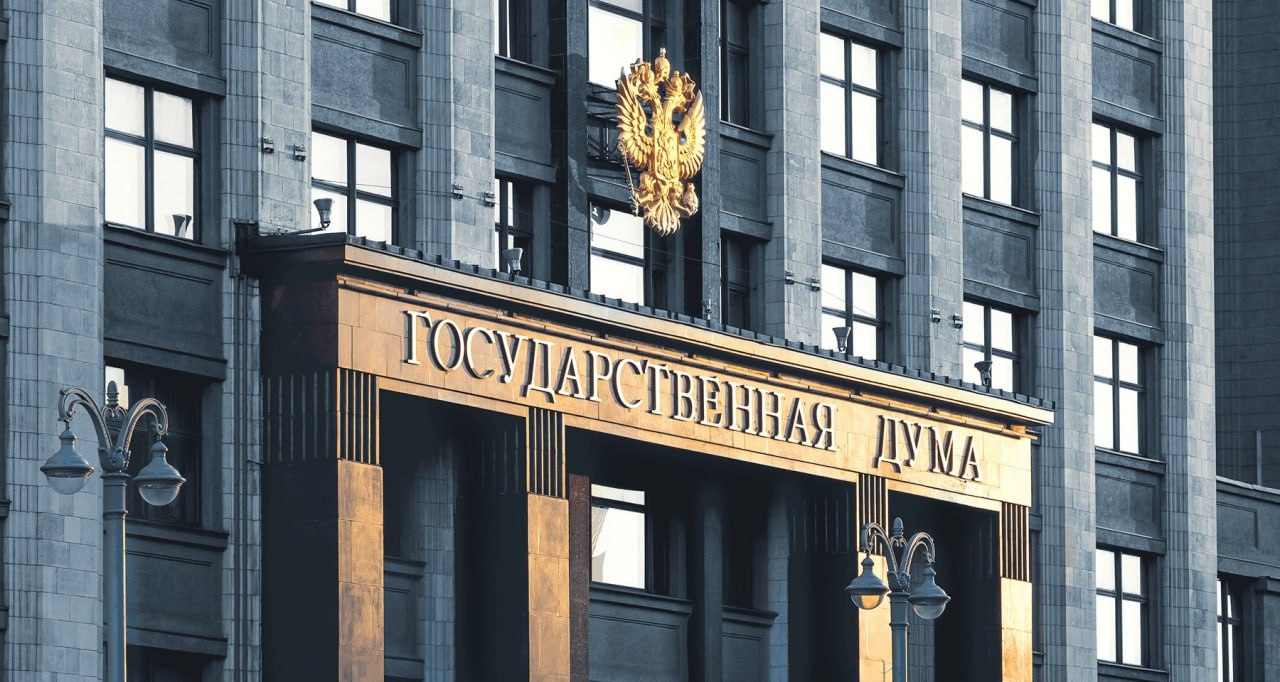The head of the Chechen Republic, Ramzan Kadyrov, announced his readiness to participate in the upcoming elections for the head of the region, subject to the support of Russian President Vladimir Putin.

On April 21, 1996, the President of the Chechen Republic of Ichkeria, Dzhokhar Dudayev, was killed by a Russian rocket on the outskirts of the village of Gekhi-Chu in the Urus-Martanovsky district.
On October 27, 1991, Dzhokhar Dudayev, the general of the Soviet army, who headed the executive committee of the OKCHN (General Congress of the Chechen People) in the spring of the same year, was elected the first president of the Chechen Republic. His first decree was the declaration of independence of the republic from Russia, which was not recognized in Moscow.
In March 1992, Chechnya adopted its own Constitution, in which the republic was declared a sovereign state. In 1993, she did not take part in the Russian referendum on the adoption of the Constitution of the Russian Federation.
Based on the decree of the President of Russia Boris Yeltsin on December 11, 1994, Russian troops entered the territory of Chechnya. This is how the first Russian-Chechen war began. From its very beginning, Dudayev was hunted by the special services of the Russian Federation. Three attempts on his life failed.
On April 21, 1996, special services detected a signal from Dudayev's satellite phone in the area of the village of Gekhy-Chu, Urus-Martanovsky district. Su-25 attack aircraft with homing missiles were launched into the air, one of which killed the Chechen leader.
Memorial plaques in memory of Dzhokhar Dudayev were opened in many countries. Among them are Estonia, Ukraine, Bosnia and Herzegovina, Latvia, Lithuania, Poland, Turkey.



